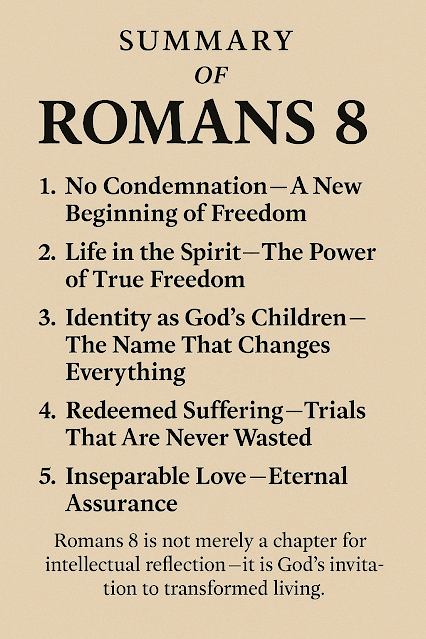Karl Heinrich Marx *0006
Summary
Karl Marx was born into a wealthy Jewish family, and his comrade Engels also came from affluence. Their theory of communism arose as a critique of capitalism’s exploitative structure. However, no country has faithfully realized the ideals of communism; even after revolutions, power often shifted to a new elite that continued to oppress the masses. Whether in capitalism or communism, sustaining the ruling class inevitably involves exploiting either other nations or one’s own people.
Today, even in so-called advanced nations, the majority of citizens suffer under relative poverty and systemic inequality. Political systems are riddled with division and deception. What we need is not another revolution, but the ability to hold political abusers accountable and elect leaders who genuinely share the people’s realities and values.
Marx’s Das Kapital is notoriously difficult to understand and has failed to serve as an accessible guide for the working class. Instead of being a practical gift, it has become more of a burdensome symbol. In the end, the slogan “Workers of the world, unite!” may only lead to another form of oppression. What people truly need today is not blind unity, but wise choices at the ballot box.
 |
| https://ko.wikipedia.org/wiki/%EC%B9%B4%EB%A5%BC_%EB%A7%88%EB%A5%B4%ED%81%AC%EC%8A%A4#/media/%ED%8C%8C%EC%9D%BC:Karl_Marx_001_restored.jpg |
Full Text
He was born into a wealthy Jewish family in Germany. Although his father converted to Protestantism, the bloodline was still Jewish. Engels, who shared his ideology, also came from a wealthy household. Were their philosophies perhaps a product of noblesse oblige?
Capitalism hadn’t existed for very long, but even from its early days, its devastation was already pushing people into exploitation, oppression, death, and suffering. In response, communism was proposed as an alternative—an ideology where the proletariat, composed of workers, farmers, and the impoverished, would lead society. In short, it was a doctrine that prohibited the private ownership of the means of production.
But is there truly any country on Earth that has faithfully carried forward such a noble and idealistic spirit, where the socially disadvantaged live in real happiness?
We are flooded with pretty, sweet-smelling phrases like “Power comes from the people,” but they are often no more than hollow rhetoric that costs a great deal to maintain. In contrast, Max Weber’s approach—analyzing the roots and nature of capitalism in The Protestant Ethic and the Spirit of Capitalism and indirectly critiquing Marx’s communism while proposing moderate and realistic solutions—seems far more convincing.
What’s the point of carrying out a glorious revolution and changing the world? In the end, it’s the same old story: a tiny elite ends up in power, oppressing and exploiting the very people they once vowed to liberate.
Whether it’s capitalism or communism, maintaining the ruling and upper class requires the exploitation of either foreign lands and colonies, or of their own people. That’s why we rarely see the masses unite under a common cause. Social mobility has become harder than ever, and the system is intentionally designed to block it.
A tiny portion of the wealth generated from economic growth—the crumbs left over from the main cake—is tossed to the people. These people, even while suffering, proudly proclaim that their country’s GDP is so high. You see this all over the world.
But just because a country becomes rich doesn’t mean its people do.
What’s the point of becoming an “advanced nation” with a per capita income of $30,000 or $40,000? Most people are suffering even more under relative poverty and shrinking crumbs—because income and wealth are so unevenly distributed.
We don’t need to overthrow the system with a revolution. We just need to identify and remove those who distort politics and sow division—send them home, or to prison if necessary—and elevate only those who genuinely work for the people. Rather than soulless experts and out-of-touch intellectuals, wouldn’t it be better to elect those who share our perspectives, situations, and ways of thinking? We live on Earth, and yet it feels like we’ve summoned some advanced aliens from Planet C8-18NOM to rule us. How can anything work that way? We Earthlings are nothing more than livestock to them.
I’m not even sure if Marx made arguments like this in Das Kapital. They say the book is so difficult that barely anyone has fully read and understood it. Even the commentaries are tough—it’s an annoyingly stubborn book. A gift for workers, they say? Maybe. But more practically, it’s the perfect item for those moments: when you’re rushing to the toilet from overwork-induced stomach pain, when the absurdity of the world leaves you speechless, when you need something thick and hefty to clean your ears, blow your nose, or wipe your hands before eating a roll of kimbap. Being able to explain difficult things simply is a great talent—and those who can do it are the true intellectuals. In that regard, I don’t really like that Karl Marx fellow. His ideas have produced long, tragic histories of massive population reduction.
If he had lived to see the monumental “achievements” of Stalin and Mao Zedong, would he have felt overwhelming guilt and taken his own life? Or would he have been pleased?
“The proletarians have nothing to lose but their chains. They have a world to win. Workers of the world, unite!”
Really?
“You have nothing to lose but your lives. And all you’ll gain is a new chain of oppression and exploitation. People of the world, vote wisely!”
Korean version: https://deposo.tistory.com/121





Comments
Post a Comment